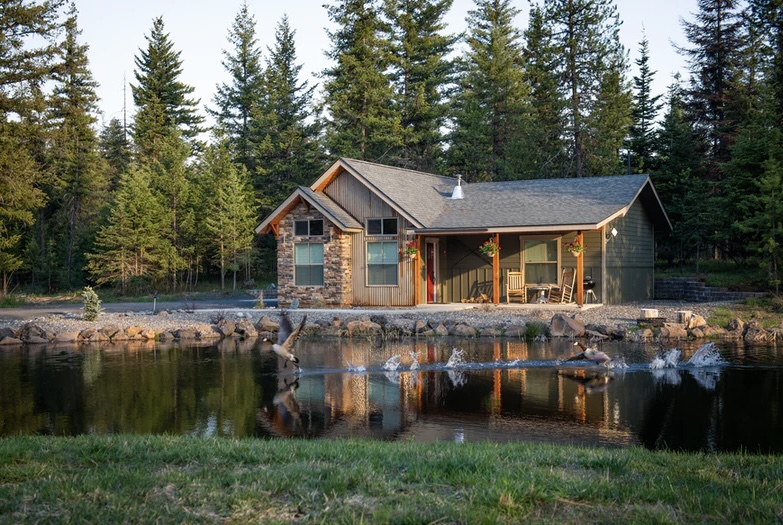
Passing a vacation home to the next generation is rarely straightforward.
A vacation home fills a variety of roles.
For a lot of my clients, they are places to gather with family and friends to make memories.
For others clients, they provide a retreat from the demands of daily life.
And for yet others, a vacation home can be a nice source of short-term rental income (can you say Airbnb or Vrbo?).
According to a recent NH Business Review article titled “Succession planning for the family lakehouse,” the feelings and meanings attached to these make it more challenging to plan for their future.

Distributing a vacation home to heirs requires strategic planning.
Passing along real estate as part of an estate is rarely simple, especially when there is more than one child involved.
Setting up joint ownership often invites conflict.
Your adult children may not agree on the maintenance and use of the home.
While some may prefer to use the home themselves, others might want to turn it into a rental property.
Another problem may involve the financial circumstances of each child.
Some of your children may only have funds for their basic needs and may not be able to support the upkeep of the property.
Runaway inflation these days are pinching the pocketbooks of young families and retirees on a fixed income alike.
Additionally, taxes and probate could become quickly complicated.
If your children live in multiple states and not all in the state of the vacation home, then this may be a complicating factor.
An alternative to outright joint ownership of the home is to create a Limited Liability Company (LLC) while you are still alive.
In doing so, you should get a taxpayer identification number specifically for the LLC, an operating agreement, and a certificate of organization to be filed with the Secretary of State.
What could be included in the operating agreement?
This agreement oversees the management, expenses, and maintenance for the property.
You should include information on budgeting and approvals for improvements on the property, regular maintenance duties, operating expenses, a schedule for property use, rules for use of the vacation home, and the process for transferring interests from one person to another.
What are the benefits of an LLC?
An LLC helps to protect against personal liability when it comes to the usual creditors and predators.
Indeed, this can be especially helpful in the case of any potential divorces, lawsuits, and bankruptcies brought against your children.
It can also protect your children if an accident occurs on the property while owned directly by the LLC rather than your children.
An LLC also takes the vacation home outside of probate when held in your revocable living trust.
Additionally, the Uniform Transfer on Death Security Registration Act has been adopted by several states.
What does this do?
It allows for your membership interested to be assigned according to the terms of beneficiary designations you arrange.
Because planning for the transfer of a vacation home is complex, you should start your discussion with your loved ones and an experienced estate planning attorney as soon as possible.
Reference: NH Business Review (March 23, 2022) “Succession planning for the family lakehouse”
REMEMBER: “The choice of a lawyer is an important decision and should not be based solely upon advertisements.”
This statement is required by rule of the Supreme Court of Missouri.
